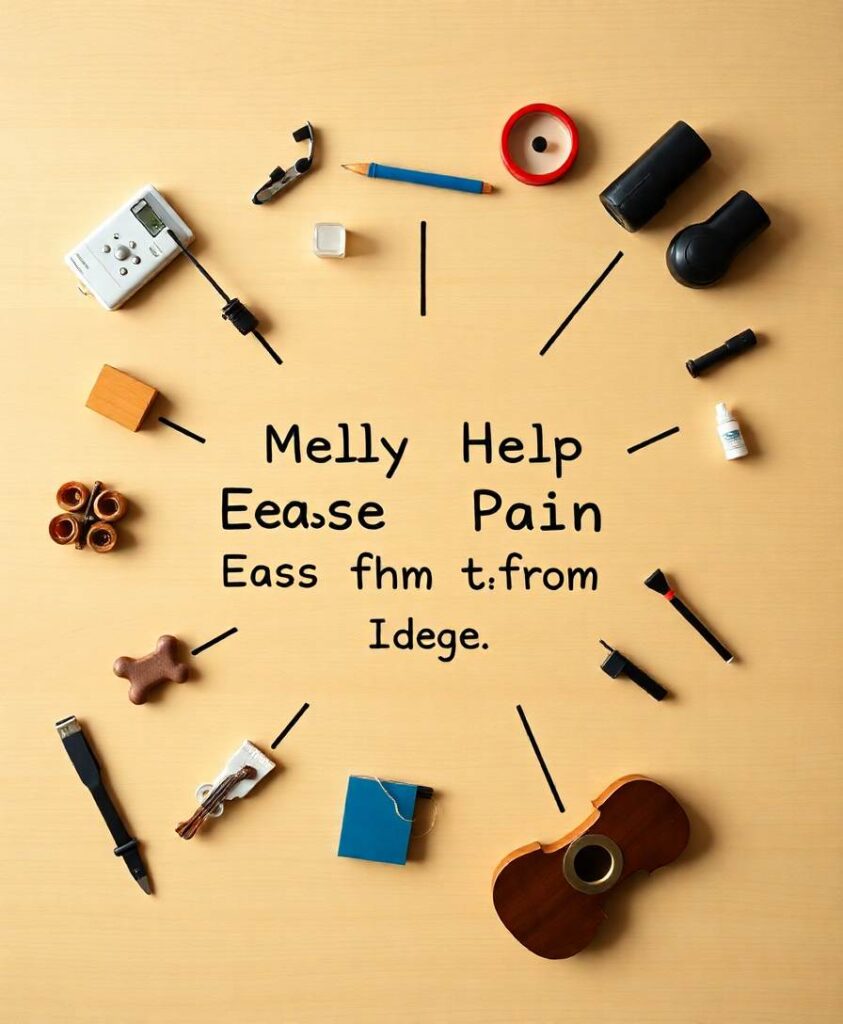This finding raises intriguing questions about how the brain reacts to different types of stimulation. Could other creative activities, like painting or dancing, also have a similar impact on cognitive decline? Further research is necessary to explore these possibilities and deepen our understanding of neuroplasticity—the brain’s ability to reorganize itself through experience. In the meantime, why not pick up an instrument or immerse yourself in your favorite tunes? The power of music is now not only captivating our hearts but also protecting our minds.
If you’re curious to learn more about this fascinating study and its implications, make sure to check out the original research article!
Normal aging is associated with progressive cognitive decline. But can we train our brain to delay this process? A team has discovered that practicing and listening to music can alter cognitive decline in healthy seniors by stimulating the production of grey matter. To achieve these results, the researchers followed over 100 retired people who had never practiced music before. They were enrolled in piano and music awareness training for six months.


